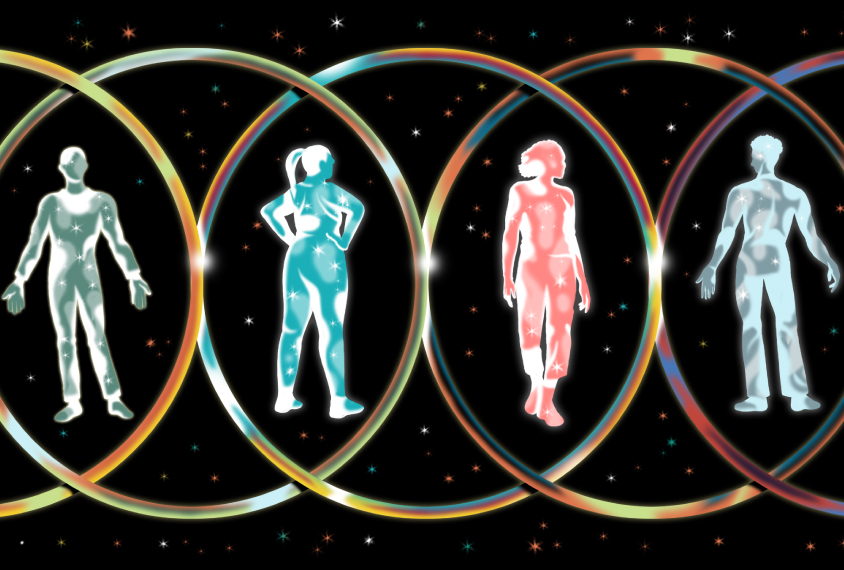Glenn Harvey
Illustrator
From this contributor
How long-read sequencing will transform neuroscience
New technology that delivers much more than a simple DNA sequence could have a major impact on brain research, enabling researchers to study transcript diversity, imprinting and more.

How long-read sequencing will transform neuroscience
What kind of autism research should we do, and where should we do it?
Researchers at INSAR 2023 need to discuss these questions and remember that the purpose of research may be different for different communities.

What kind of autism research should we do, and where should we do it?
New measure characterizes gender diversity in study participants
The Gender Self-Report could help autism researchers include more gender-diverse people across a range of ages and neurotypes in their work.

New measure characterizes gender diversity in study participants
Lessons from n-of-1 trials: A conversation with Joseph Gleeson
Some conditions are too rare for conventional drug trials, leading some scientists to test bespoke treatments in single participants. Gleeson discusses the merits — and limitations — of these tiny trials.

Lessons from n-of-1 trials: A conversation with Joseph Gleeson
Debut drug for Rett syndrome at edge of approval
The U.S. Food and Drug Administration plans to make an approval decision on the first-ever drug for girls and women with Rett syndrome by 12 March.

Debut drug for Rett syndrome at edge of approval
Explore more from The Transmitter
Shifting neural code powers speech comprehension
Dynamic coding helps explain how the brain processes multiple features of speech—from the smallest units of sounds to full sentences—simultaneously.

Shifting neural code powers speech comprehension
Dynamic coding helps explain how the brain processes multiple features of speech—from the smallest units of sounds to full sentences—simultaneously.
Astrocytes orchestrate oxytocin’s social effects in mice
The cells amplify oxytocin—and may be responsible for sex differences in social behavior, two preprints find.

Astrocytes orchestrate oxytocin’s social effects in mice
The cells amplify oxytocin—and may be responsible for sex differences in social behavior, two preprints find.
Neuro’s ark: Spying on the secret sensory world of ticks
Carola Städele, a self-proclaimed “tick magnet,” studies the arachnids’ sensory neurobiology—in other words, how these tiny parasites zero in on their next meal.

Neuro’s ark: Spying on the secret sensory world of ticks
Carola Städele, a self-proclaimed “tick magnet,” studies the arachnids’ sensory neurobiology—in other words, how these tiny parasites zero in on their next meal.